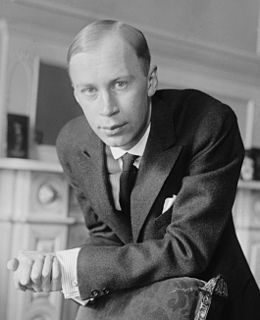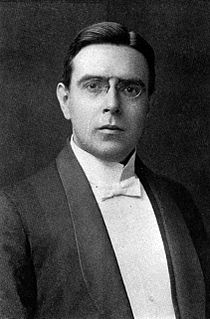A Quote by Rembrandt
I envy the poet. He is encouraged toward drunkenness and wallows with nubile wenches while the painter must endure wretchedness and pain for his art.
Quote Topics
Related Quotes
The poet's, the writer's, duty is to write about these things. It is his privilege to help man endure by lifting his heart, by reminding him of the courage and honor and hope and pride and compassion and pity and sacrifice which have been the glory of his past. The poet's voice need not merely be the record of man, it can be one of the props, the pillars to help him endure and prevail.
It is a truism that as long as man loves but himself and his art he can never attain to the full measure of manhood or reach the sublimest heights of his art. He must seek to love men as brothers and art, not for the sake of art itself, but art as a means toward bringing all men up to that verdant plateau where their souls may be fed in very rejoicing in all that is true, beautiful, and abiding.
There should be a law that no ordinary newspaper should be allowed to write about art. The harm they do by their foolish and random writing it would be impossible to overestimate--not to the artist but to the public.... Without them we would judge a man simply by his work; but at present the newspapers are trying hard to induce the public to judge a sculptor, for instance, never by his statues but by the way he treats his wife; a painter by the amount of his income and a poet by the colour of his necktie.









































